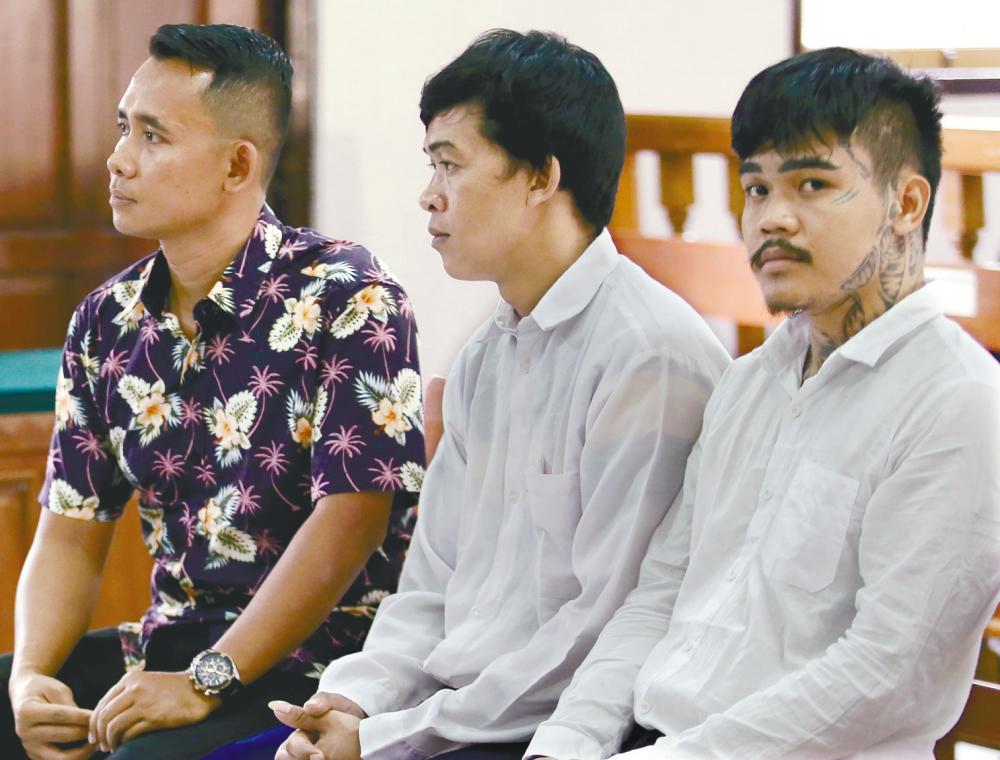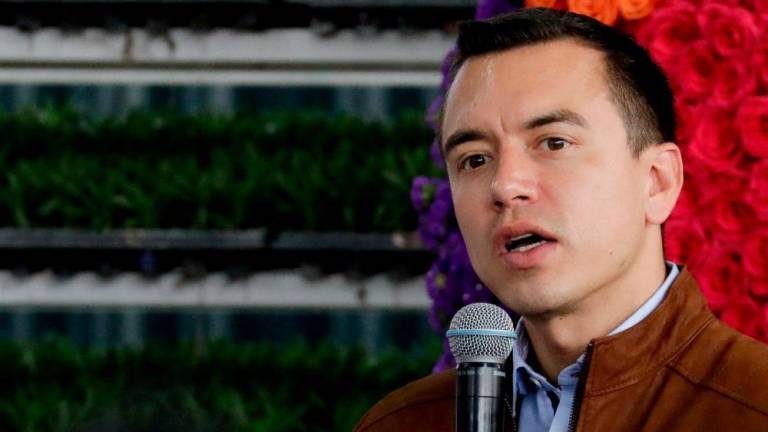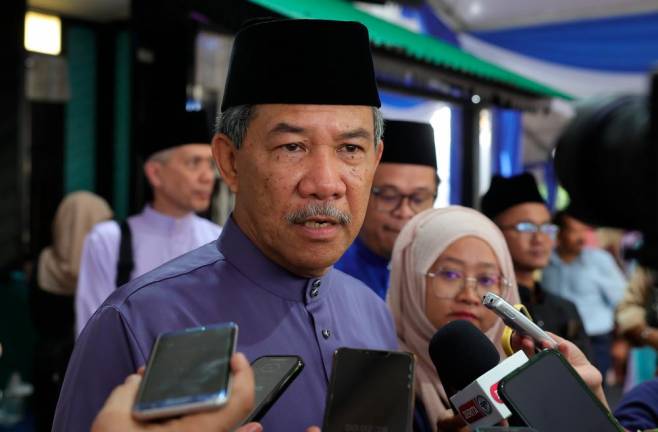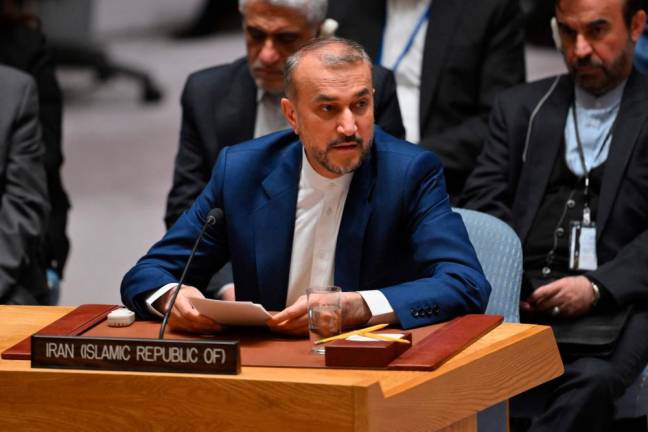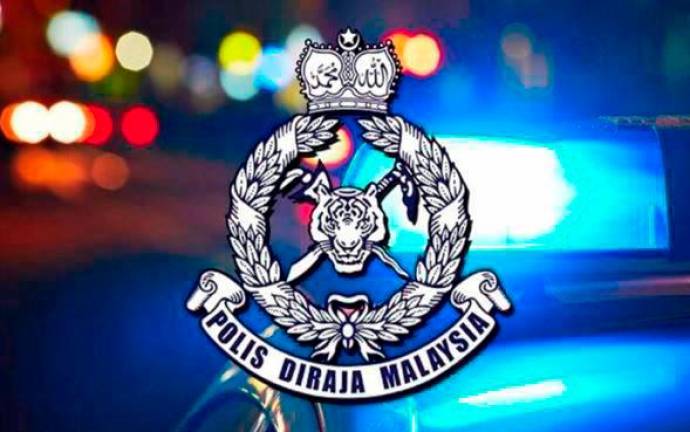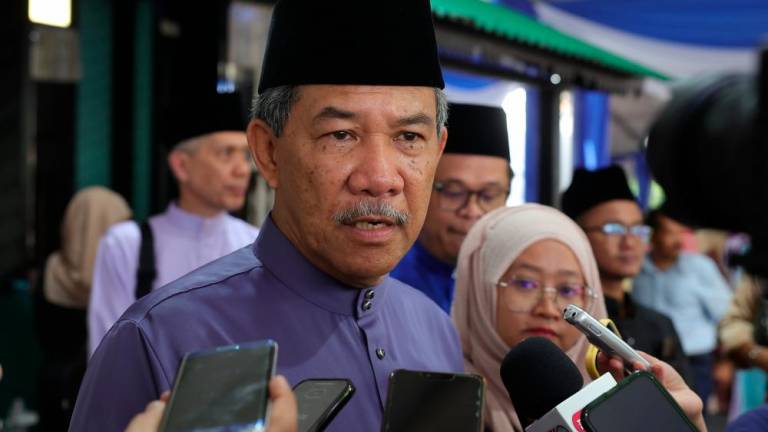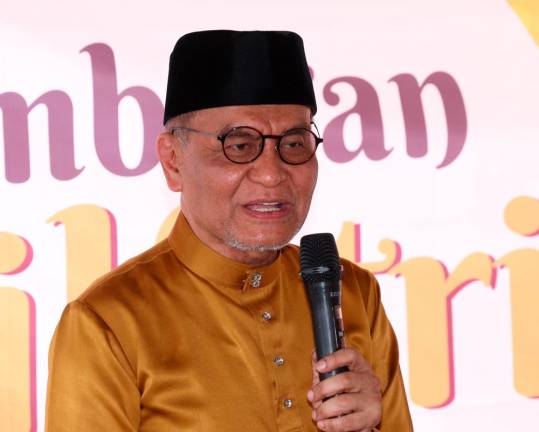LARGE criminal groups and financiers from Macau, Hong Kong, China and Thailand, in cooperation with criminal networks and chemists from Taiwan, have made Southeast Asia into a major centre for the production and transport of methamphetamine and other drugs.
According to a report entitled Transnational Organised Crime in Southeast Asia: Evolution, Growth and Impact, published on July 18, 2019, there is evidence that acetic anhydride from Taiwan has made its way to Afghanistan, where it is used to make heroin. This underlines the growing influence of Taiwanese cartels in Southeast Asia.
Drug trafficking is increasingly controlled at the international level. In addition, it is highly organised and extends across regions. This makes it very difficult for nations to clamp down on drug production, its transport, sale and money flow.
The challenges for Taiwan are even more daunting. Because of political factors, Taiwan cannot take part in meetings held by the United Nations Office on Drugs and Crime and Interpol, and does not have access to critical intelligence shared instantly via the I-24/7 global police communications system and stolen and lost travel documents database.
Taiwan is also unable to take part in related events and training courses. This might create a serious gap in global efforts to fight drug-related crime, ensure public security, and combat terrorism.
Despite having to work under these difficult conditions, Taiwan’s police have spared no effort in fighting international crime.
In 2018, Taiwan’s police cooperated with Thai police in a large-scale operation targeting cross-border economic crime, recovering assets worth 120 million Thai baht.
In the same year, a joint operation was held with Filipino police to apprehend a local councillor from the Philippines who was suspected of drug trafficking and had fled to Taiwan.
Meanwhile, following the hacking of the Swift system of Taiwan’s Far Eastern International Bank in October 2017, Taiwan’s police seized US$60 million in assets.
And a Romanian syndicate that used fake bank cards to withdraw money was broken up in 2016.
Although Taiwan seeks criminal information via bilateral channels, countries are reluctant to cooperate owing to political considerations. In 2017, Taiwan’s police agency made 130 requests to other countries seeking information or help in investigations, but received responses in only 46 cases.
This demonstrates that only by taking part in Interpol will Taiwan be able to surmount political interference and acquire timely, complete criminal information, safeguard border security, enforce law, and cooperating with police agencies worldwide to combat cross-border crime.
Taiwan, which serves as a key hub connecting Northeast and Southeast Asia, was ranked 13th among 140 countries in the Global Competitiveness Report 2018. It was recognised as a super innovator, and was listed 31st worldwide in terms of reliability.
Criminal activity such as drug trafficking involves multiple countries, creating considerable obstacles for investigators. With criminal methods evolving, it is important for countries to learn from the experiences of others. Telecom and online fraud has also transcended national borders and become a highly organised form of international crime with an intricate division of labour.
Criminal groups set up illegal telecom platforms (communications centres) in different countries, using internet and other communication technologies and multilayered approaches to conduct fraud, making it difficult for authorities to investigate and suppress such activity. To overcome these challenges, international cooperation must be initiated to identify sources of criminal activity, block money laundering channels and seize illicit gains, with the ultimate aim of exterminating drug and fraud syndicates.
Maintaining global security and social justice must take precedence over differences. It is important to support Taiwan’s participation in the Interpol General Assembly as an observer, as well as related meetings, mechanisms and training. By endorsing Taiwan, you can play a critical role in advancing Taiwan’s objective of taking part in international organisations in a pragmatic and meaningful manner.
Huang Ming-chao
Commissioner
Criminal Investigation Bureau
Ministry of the Interior
Republic of China (Taiwan)




